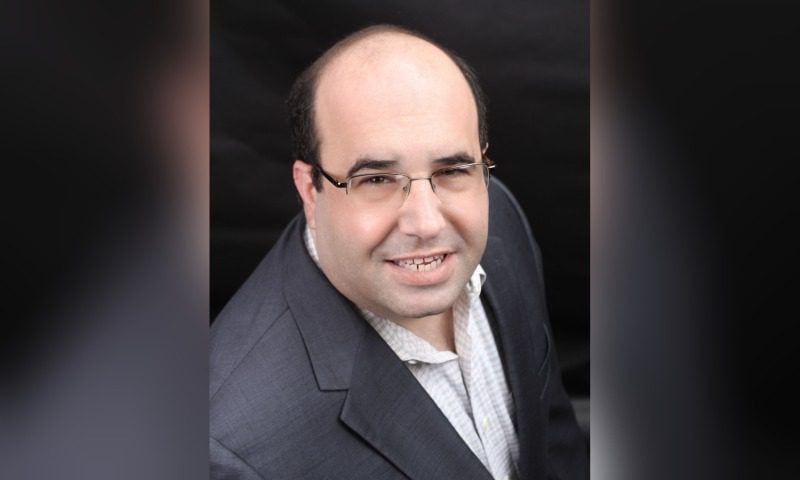The post A Reflection for a New Year appeared first on Anglican Mainstream. by R J Snell, Public Discourse: As the new year begins, we’re all well aware of the many challenges facing us. Given these, it can be...
The post A Reflection for a New Year appeared first on Anglican Mainstream.

by R J Snell, Public Discourse:
As the new year begins, we’re all well aware of the many challenges facing us. Given these, it can be easy to give in to the counsels of despair. It’s also easy to turn to ideology for solutions, but it is hope—a reasonable hope, the virtue of hope—that is needed. In excerpts from his new book, Lost in the Chaos: Immanence, Despair, Hope, Editor-in-Chief R. J. Snell explores the meaning of hope as we enter 2024. Happy New Year from all of us at Public Discourse.
The antidote to despair is not perfect politics, an impossibility, a mere ideology; the cure is hope. Moral panic reveals despair at the state of things: craving the fullness of the kingdom of heaven now, but upon discovering decadence and depravity—and who can deny our time’s troubles—responding with the sadness of despair. Despair cannot be overcome with certainty or perfection, but only by hope and the truth of concrete action undertaken in the light of hope.
For the rationalist or fundamentalist character, hope cannot but seem inadequate, even silly. The world is in flames and I suggest hope—how quaint. But hope is not blind, or merely optimistic, nor is hope something we churn up in ourselves as a kind of subjective attitude. Hope is a virtue. It is a state that perfects us, makes us well, capable of thinking, living, and acting in the freedom of excellence, as flourishing human beings.
It is a common temptation to attempt to replace virtue with a hack of some sort. Immoderate in appetite? Try this diet pill. Unfriendly and impersonal? Here’s a book on how to win friends. Without hope in this world? Not a problem; here’s some program of political or social action that is guaranteed to make things well. And if that program fails, we have a backup plan. Of course, when such plans invariably fail to overcome the human condition, excuses are made—“if only we had more money,” or “if only the Founders had written differently.” Or the counsels of despair kick in, hacks are abandoned, and we conclude, “There’s nothing to be done.” As a result, we see an oscillating cycle of extravagantly optimistic plans coupled with counsels of despair and panic. Hope avoids both, knowing full well that the human condition will never be resolved through politics and, still, that we remain agents capable of acting with intelligence to improve the commonwealth.
All the virtues are needed at all times, but hope is perhaps especially needed in our own. Politics is not first; philosophy is prior, and even that is servant to theology. Reversing the order is a drastic mistake, albeit an all-but-inevitable error for those lost in chaos. When the universe is utterly immanent, when the human is reduced, when culture is simply entertainment, it is hardly surprising that politics will occupy the center of thought and imagination. Such a politics thinks too highly of itself. Not only does a politics of ultimacy attempt to govern the entirety or totality of human affairs; it also exhibits a finality or completeness in its judgments. If there is a transcendent reality beyond human control, politics isn’t total—doesn’t include everything—for politics is simply incompetent in some domains of human life. If there is a divine authority, the judgments of politics are not final, for they are subordinate to the judgments of God. In our own moment, politics seems all-encompassing, inserting its snout into what is properly private, personal, or associational, and political judgments seem to be of considerable importance, tantamount to the demanding claims of morality.
The post A Reflection for a New Year appeared first on Anglican Mainstream.














